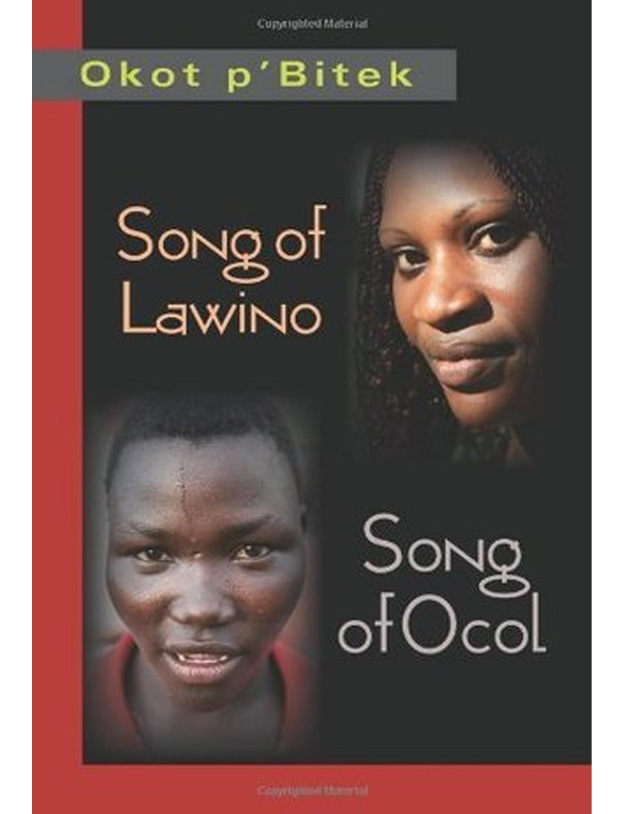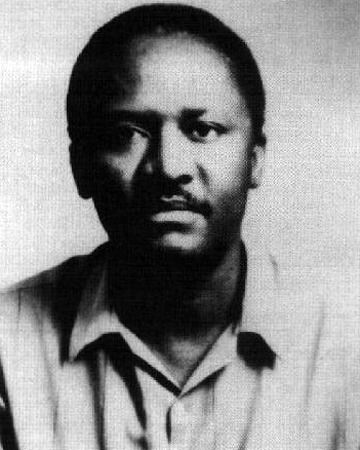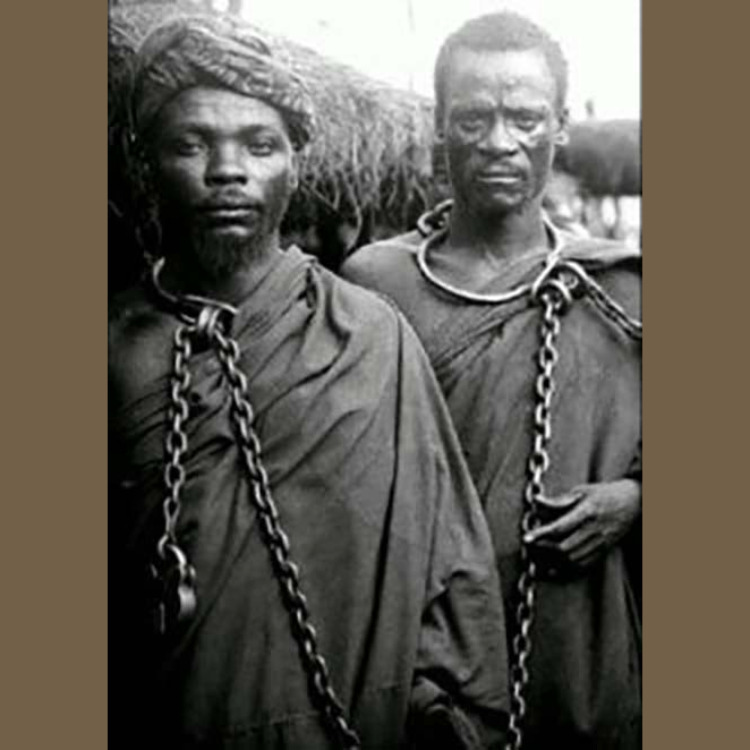Song of Lawino – Okot p’Bitek
Song of Lawino is a long dramatic poem written in 1966 by the Ugandan poet Okot p’Bitek. It’s written as if a woman, Lawino, is speaking directly to us. She is an Acholi woman (from Northern Uganda), and through her voice, we hear her pain, frustration, and wisdom.
The story is about her troubled marriage. Her husband, Ocol, has turned away from traditional African culture and now looks down on it. He is obsessed with European ways, he speaks English, wears Western clothes, dances ballroom instead of traditional dances, and even mocks African religion and customs. In short, he sees his people’s way of life as “primitive.”
Lawino, on the other hand, is deeply rooted in Acholi traditions. She feels abandoned, disrespected, and humiliated because Ocol treats her as backward and unworthy. He even takes another woman, Clementine, a modern, Western-educated woman who represents colonial influence.
The poem is Lawino’s passionate defense of African culture. She speaks proudly of African food, music, storytelling, and dances. She mocks Ocol for bleaching his skin, straightening his hair, and acting like a European “puppet.” At the same time, she cries out about the pain of being rejected by her own husband.
The poem is both emotional and witty. Lawino uses proverbs, humor, and sharp images to make her points. She speaks like a woman telling her story to her neighbors.
Song of Lawino is about the clash between African traditions and European colonial influence.
About the Author
Okot p’Bitek (1931–1982) was a Ugandan poet, novelist, and scholar. He was born in Gulu District, Northern Uganda, into the Acholi ethnic group, the same background he gives Lawino.
Okot’s early life was deeply tied to both African traditions and Western education. He grew up listening to Acholi oral poetry, songs, and folktales, which later shaped his writing style. He first trained as a teacher, then studied law at the University of Bristol in England, and later anthropology at Oxford. He also played football for the Ugandan national team in his youth, so he wasn’t just an academic; he was also very athletic and social.
His most famous work is Song of Lawino, first written in his local Acholi language and later translated into English by himself. The book made him one of the most important African voices of the 20th century. He later wrote Song of Ocol, where the husband responds bitterly to Lawino’s words, showing the other side of the debate.
Okot p’Bitek wanted Africans to take pride in their heritage instead of seeing it as something to be ashamed of. Sadly, he died young, at just 51 years old, but his works are still studied worldwide as part of African literature classics.
Buy the Book
latest video

nia via inbox
Stay connected. Subscribe and get updated on what's new with Nia!








